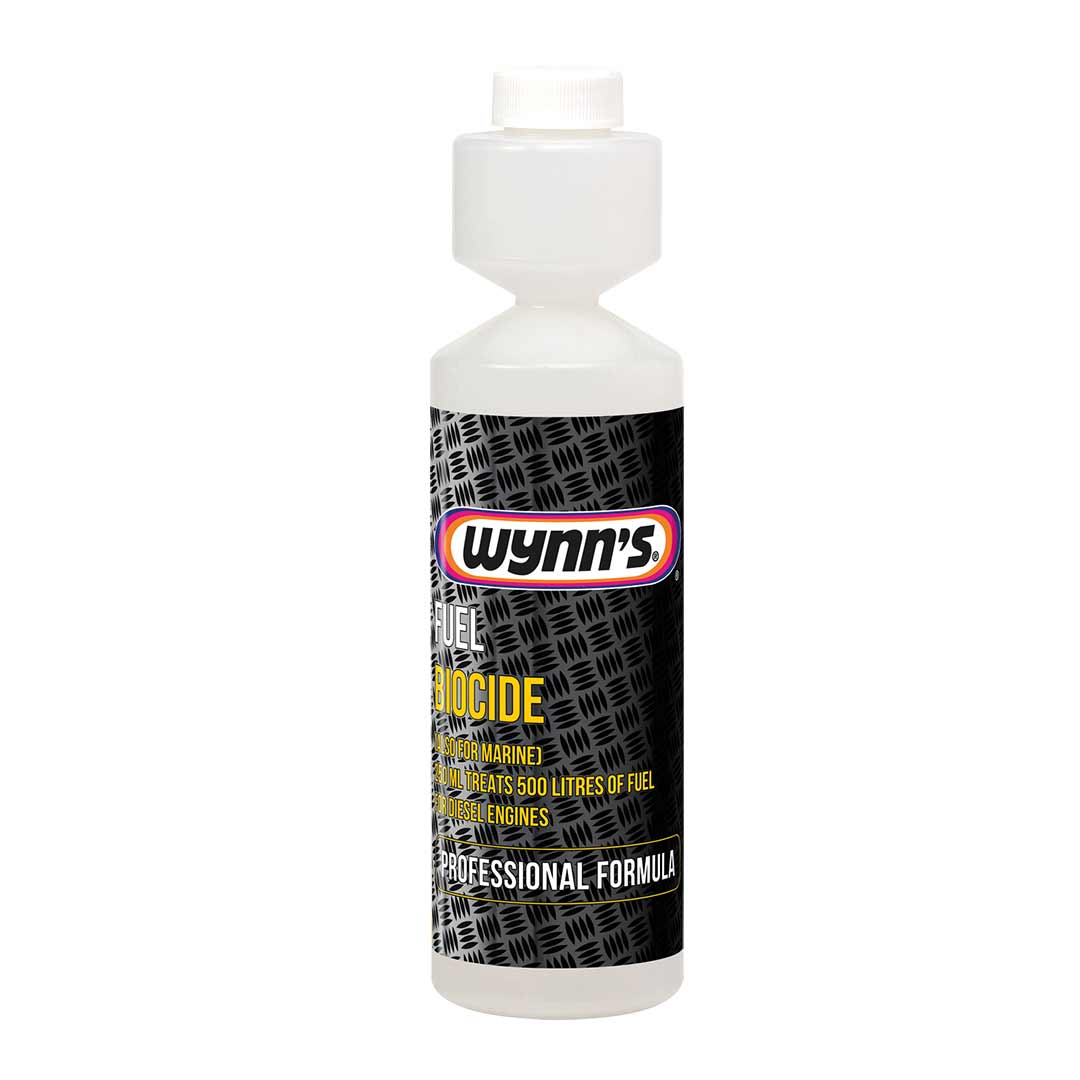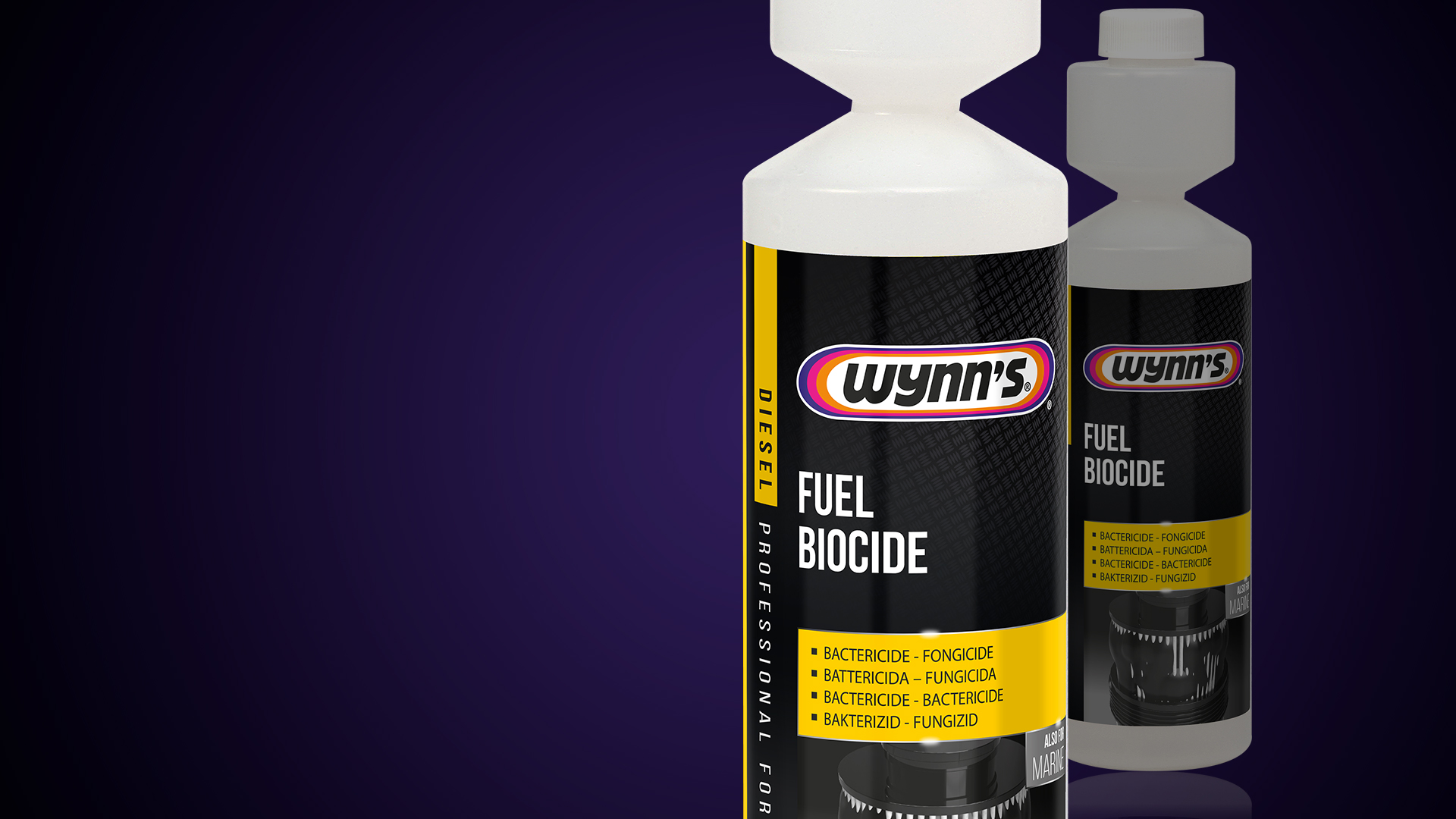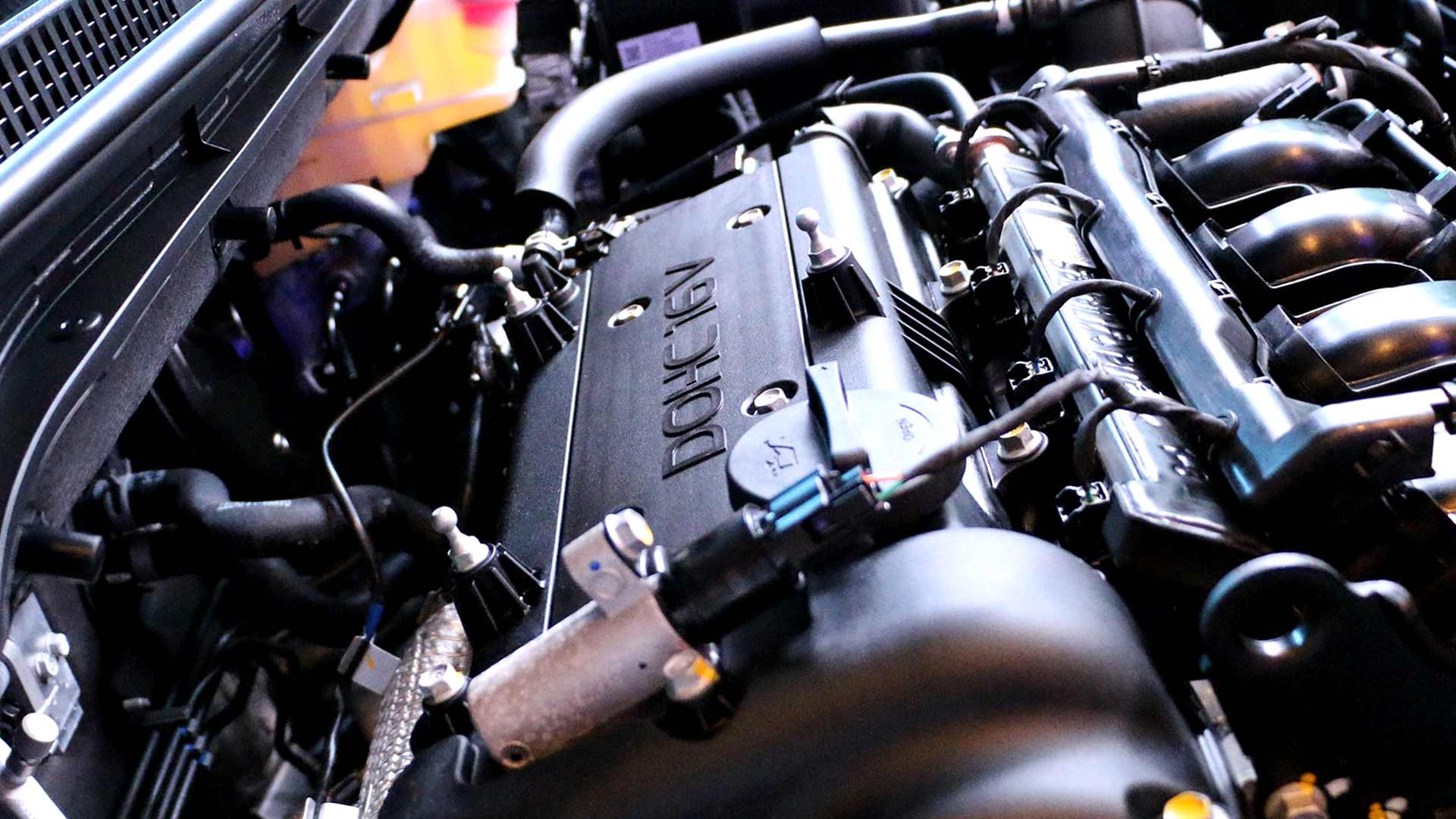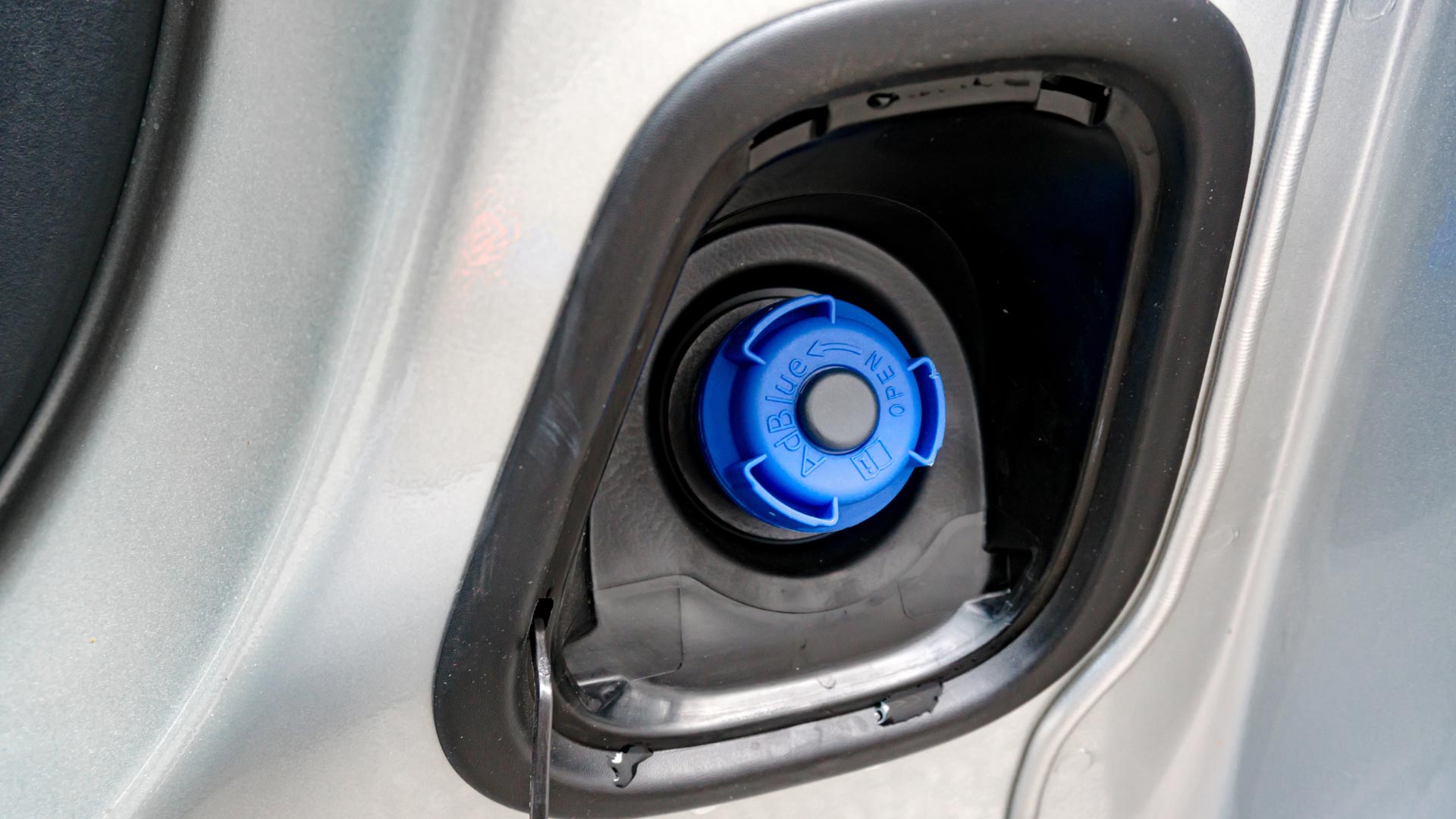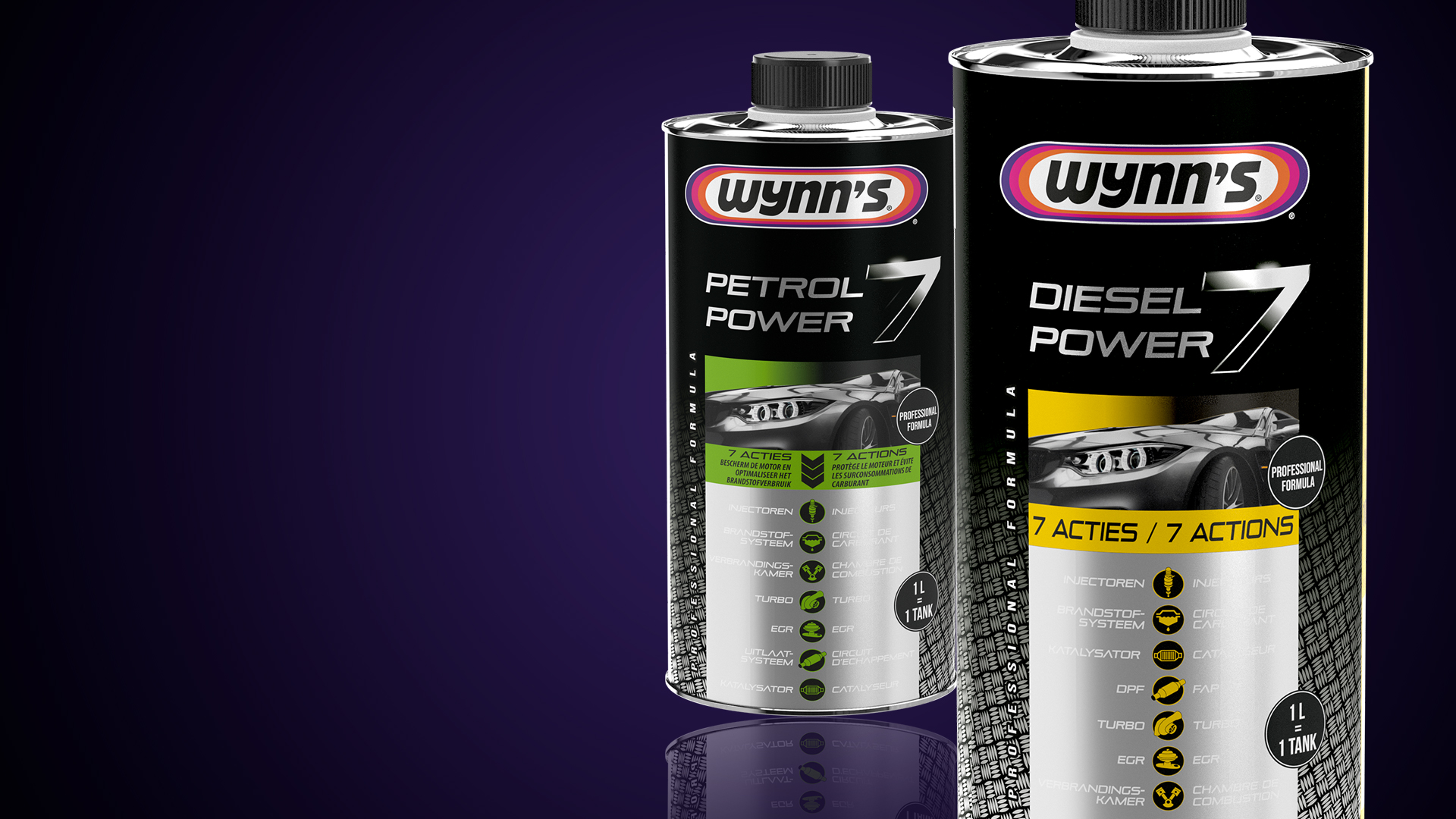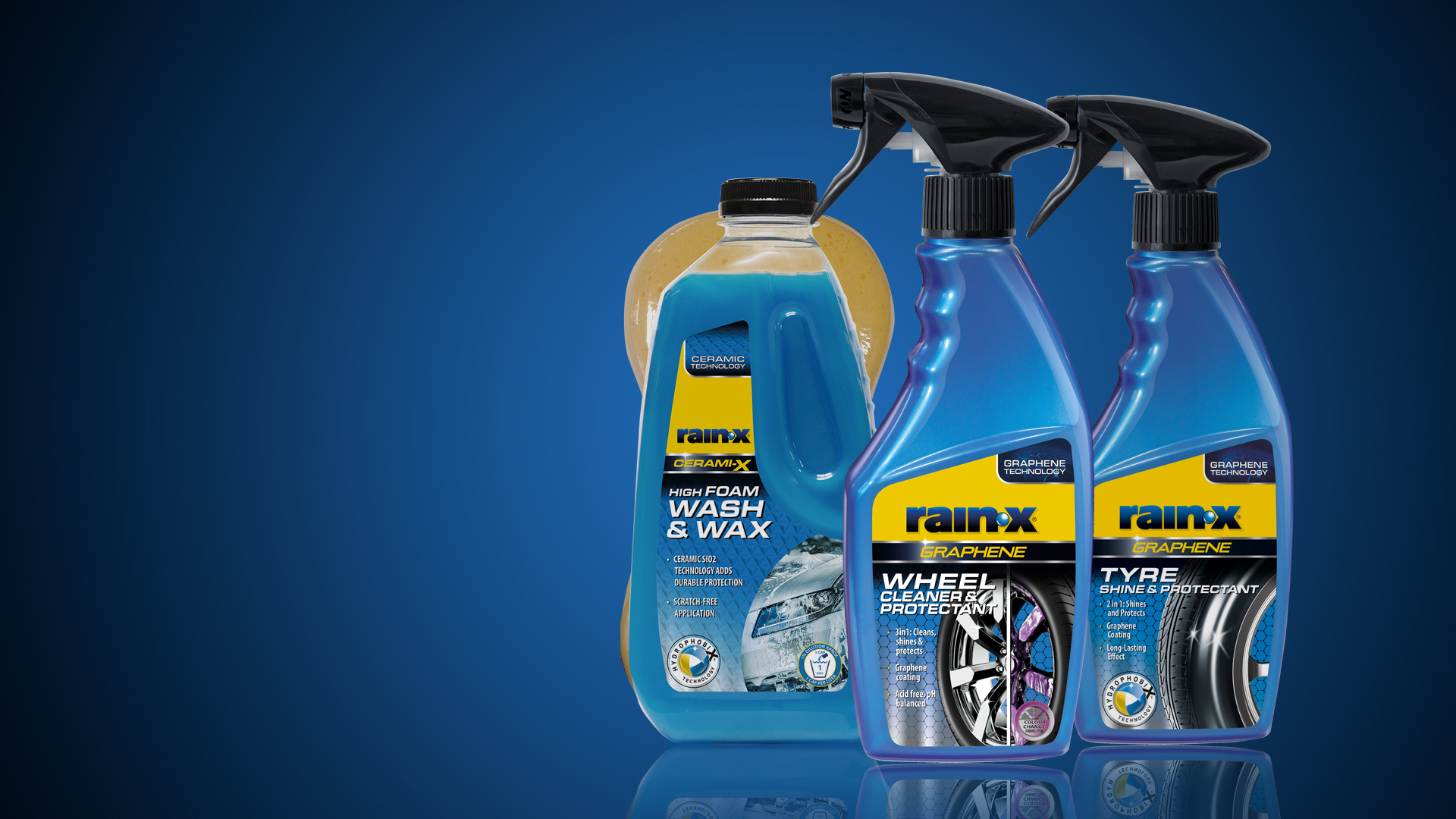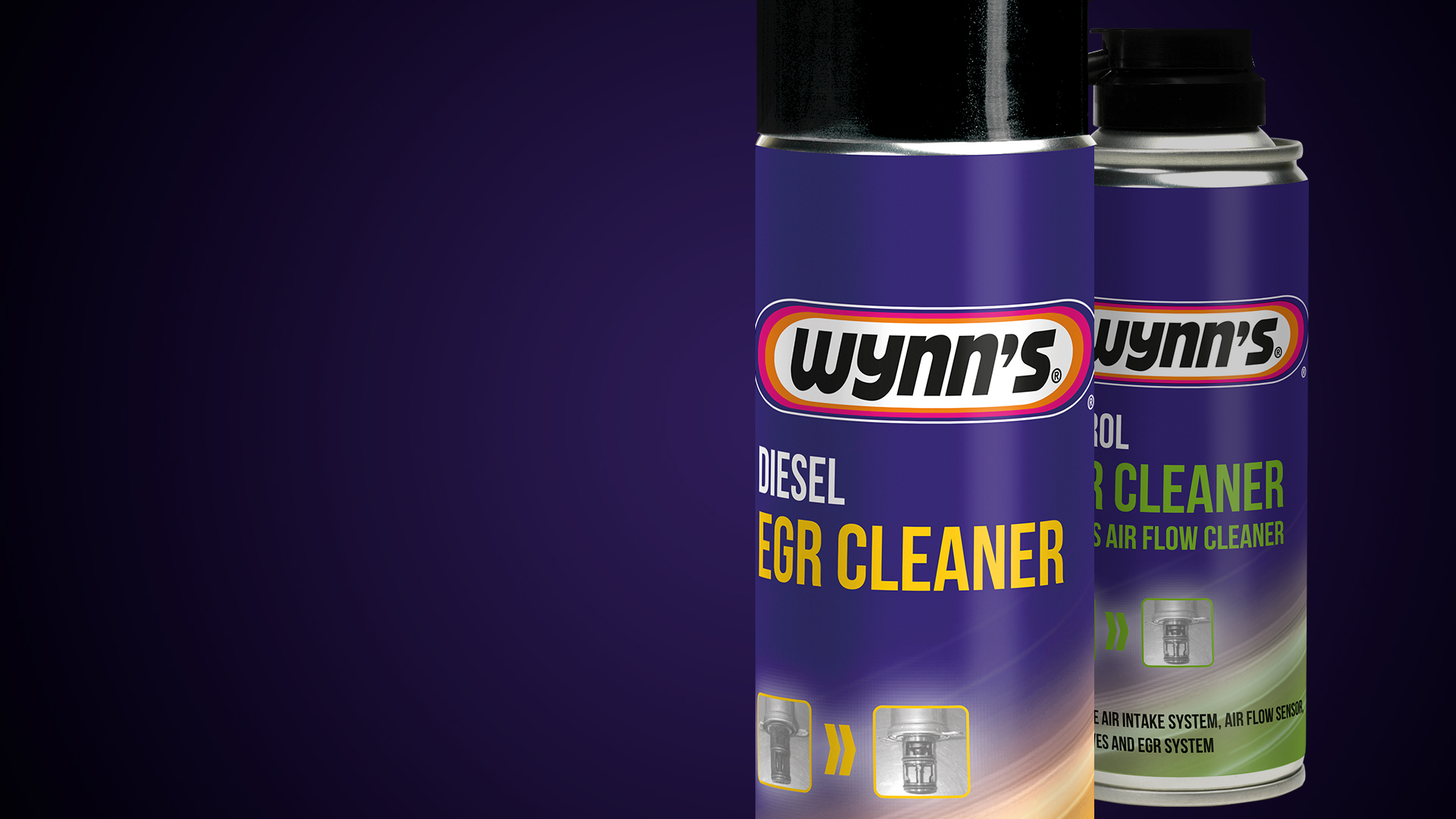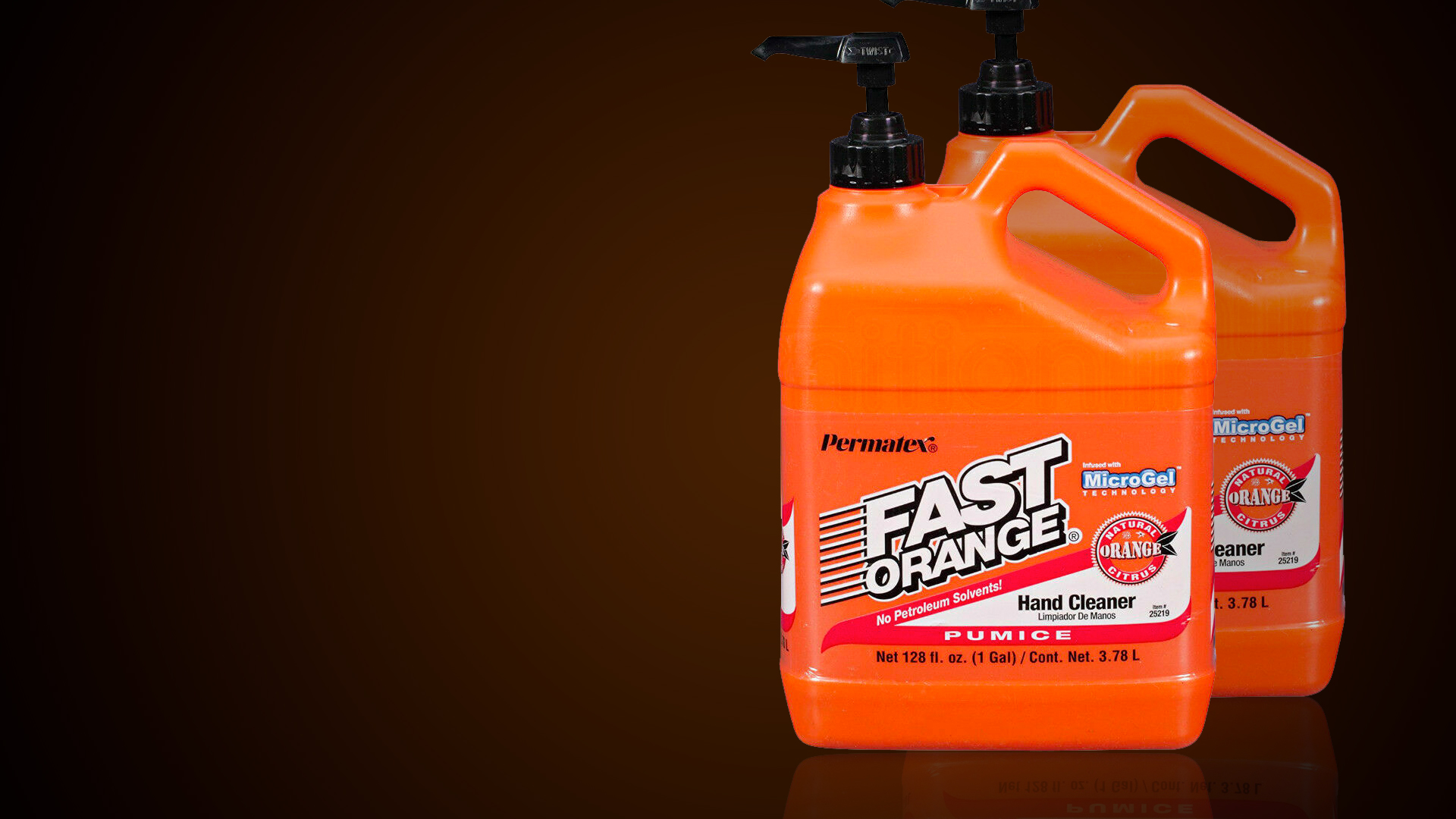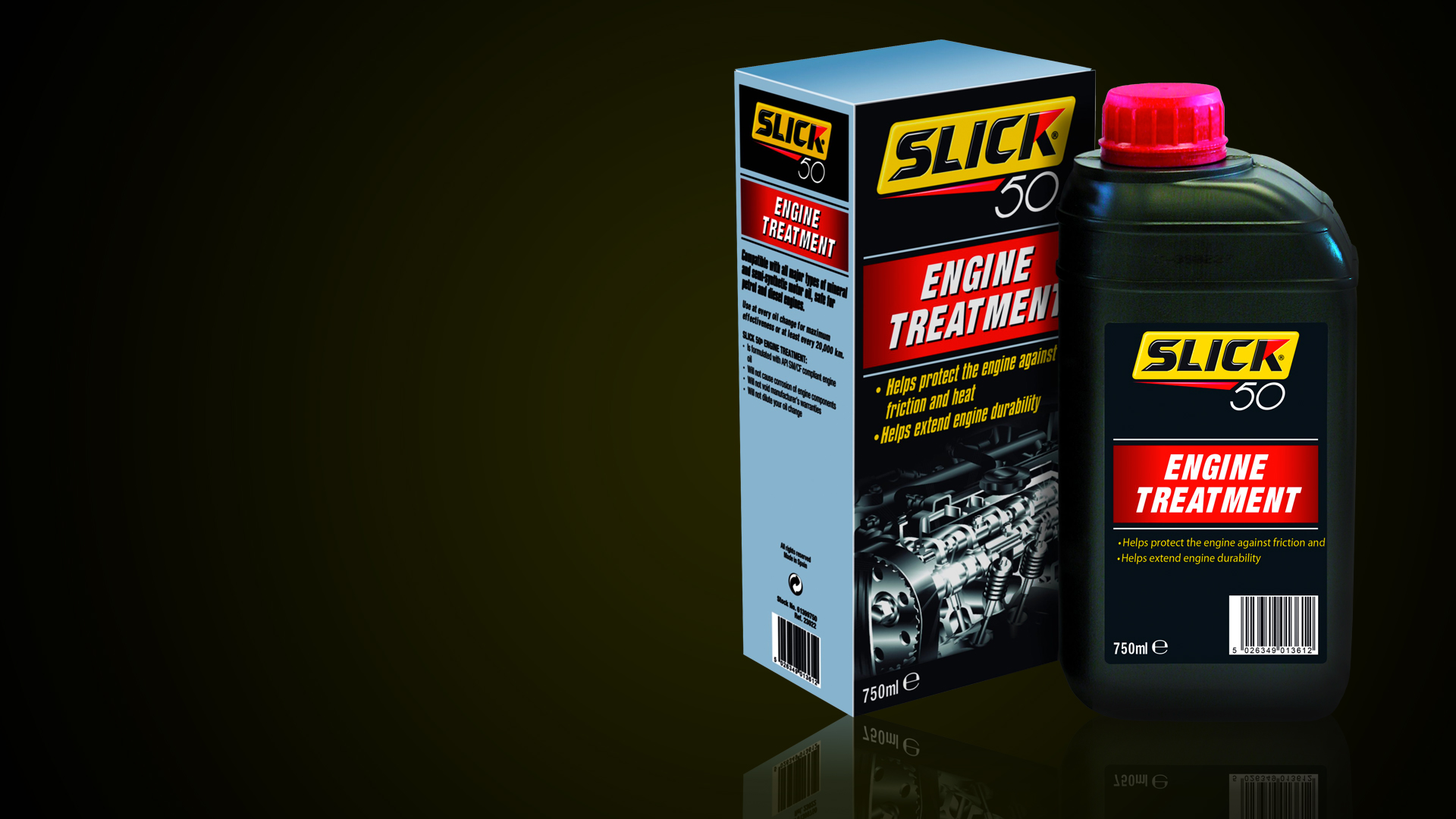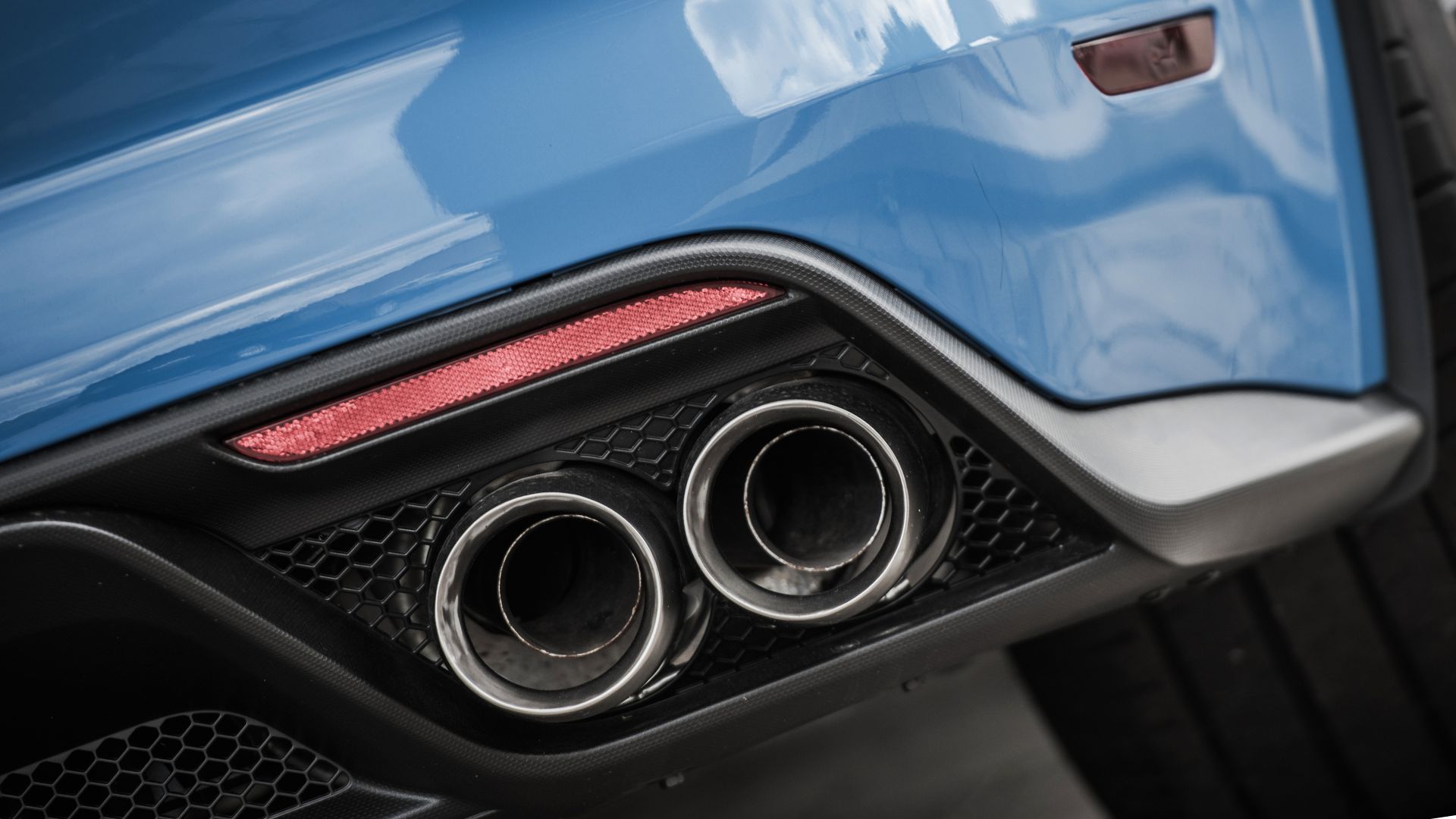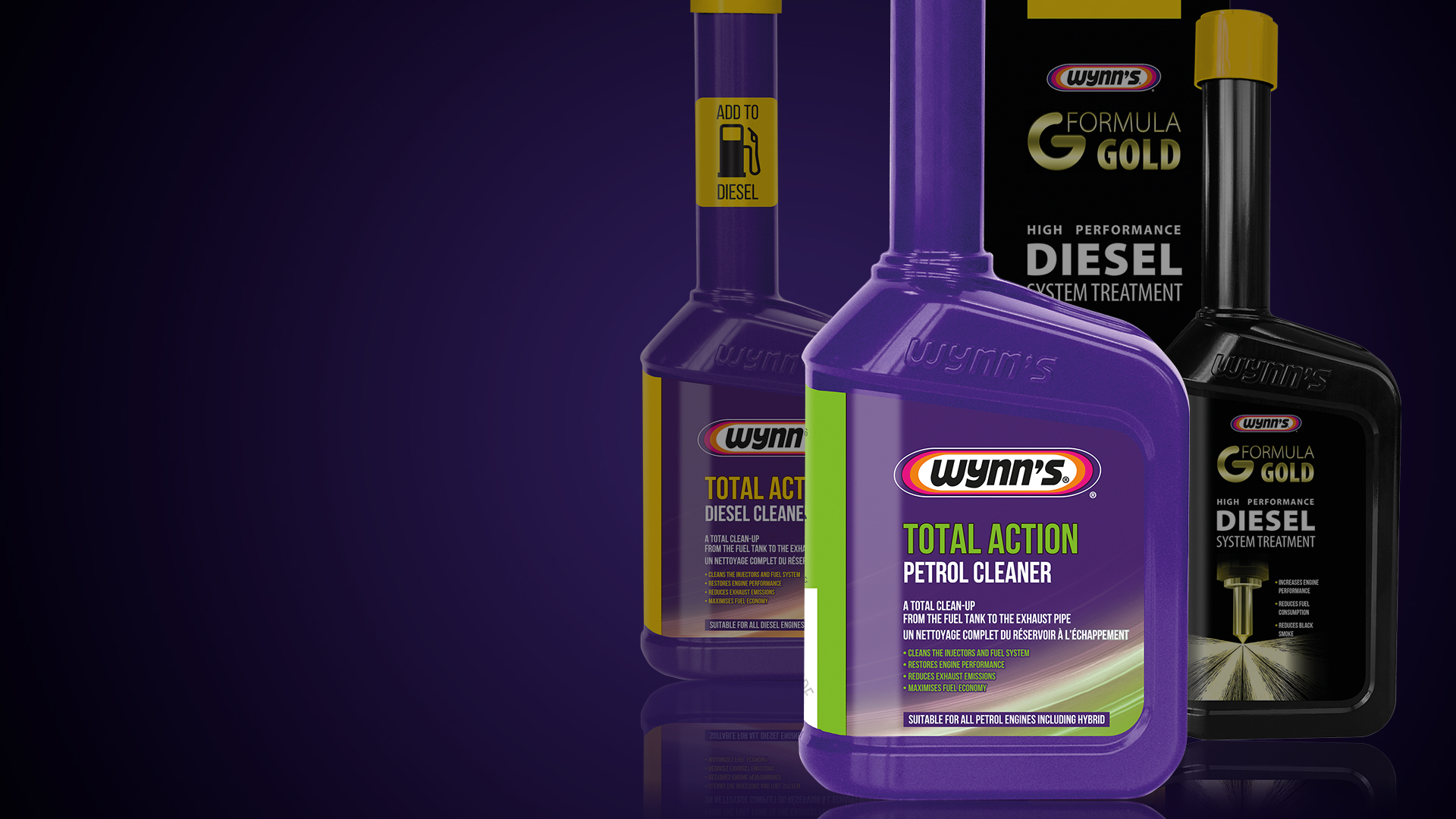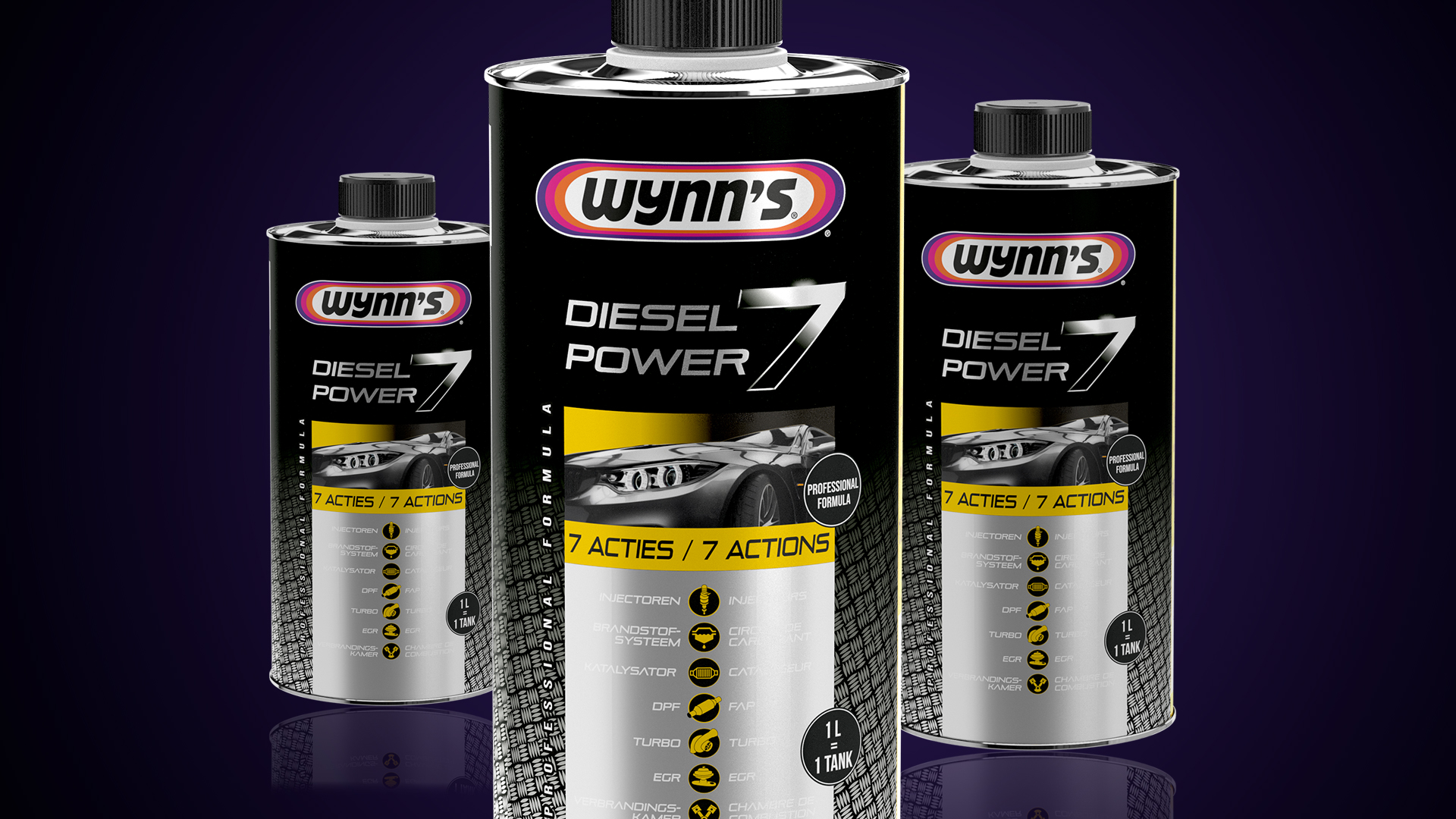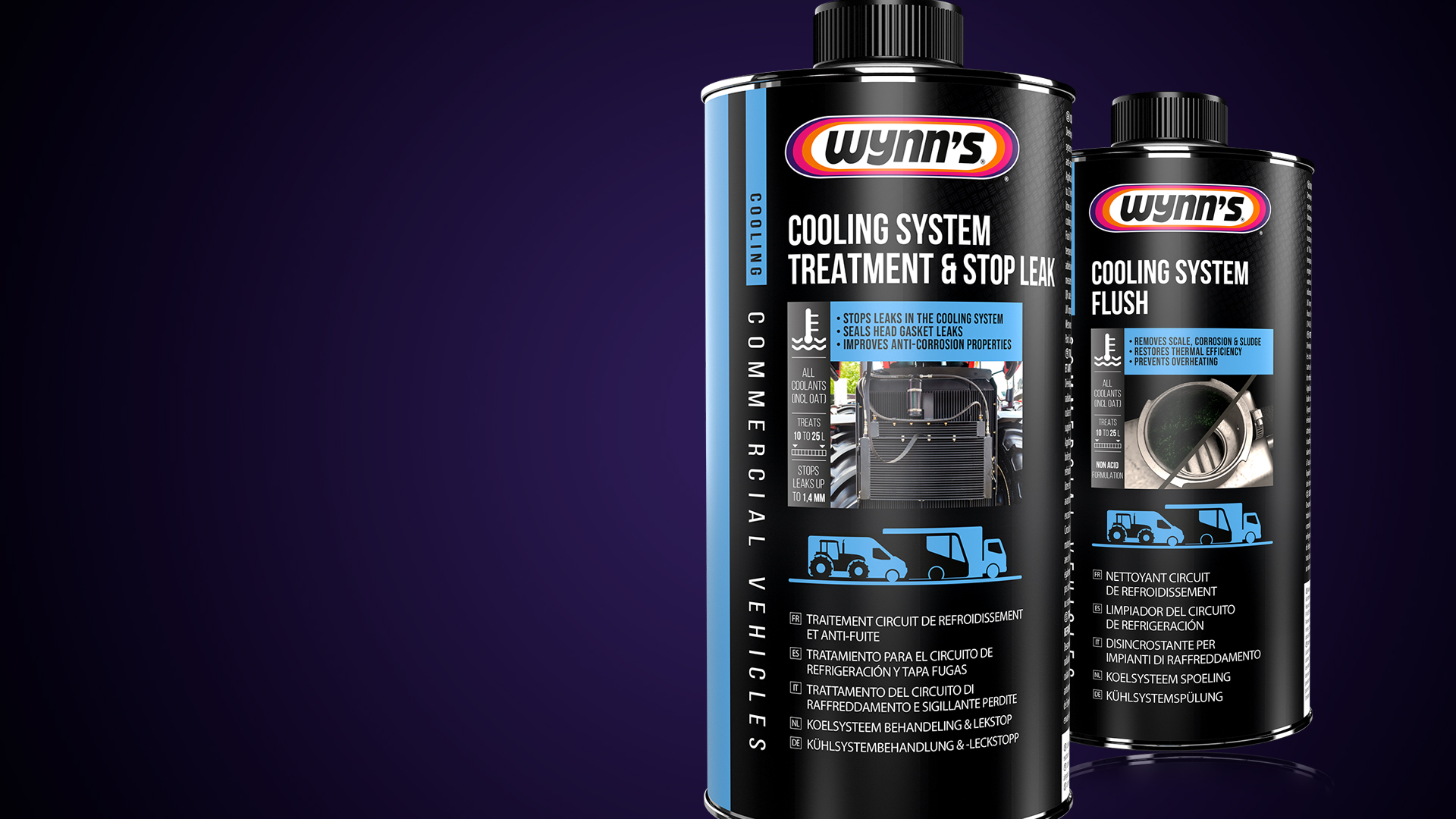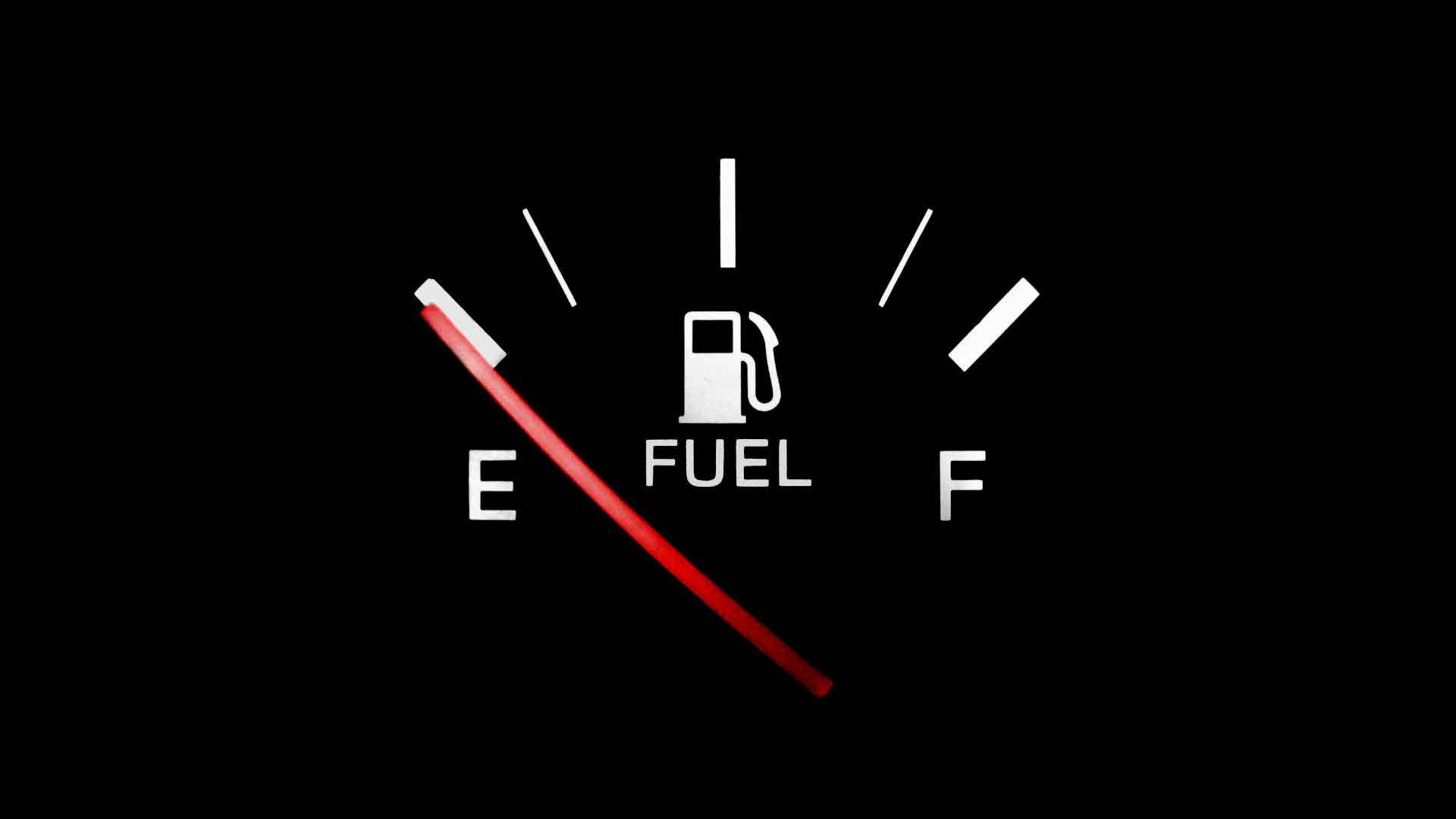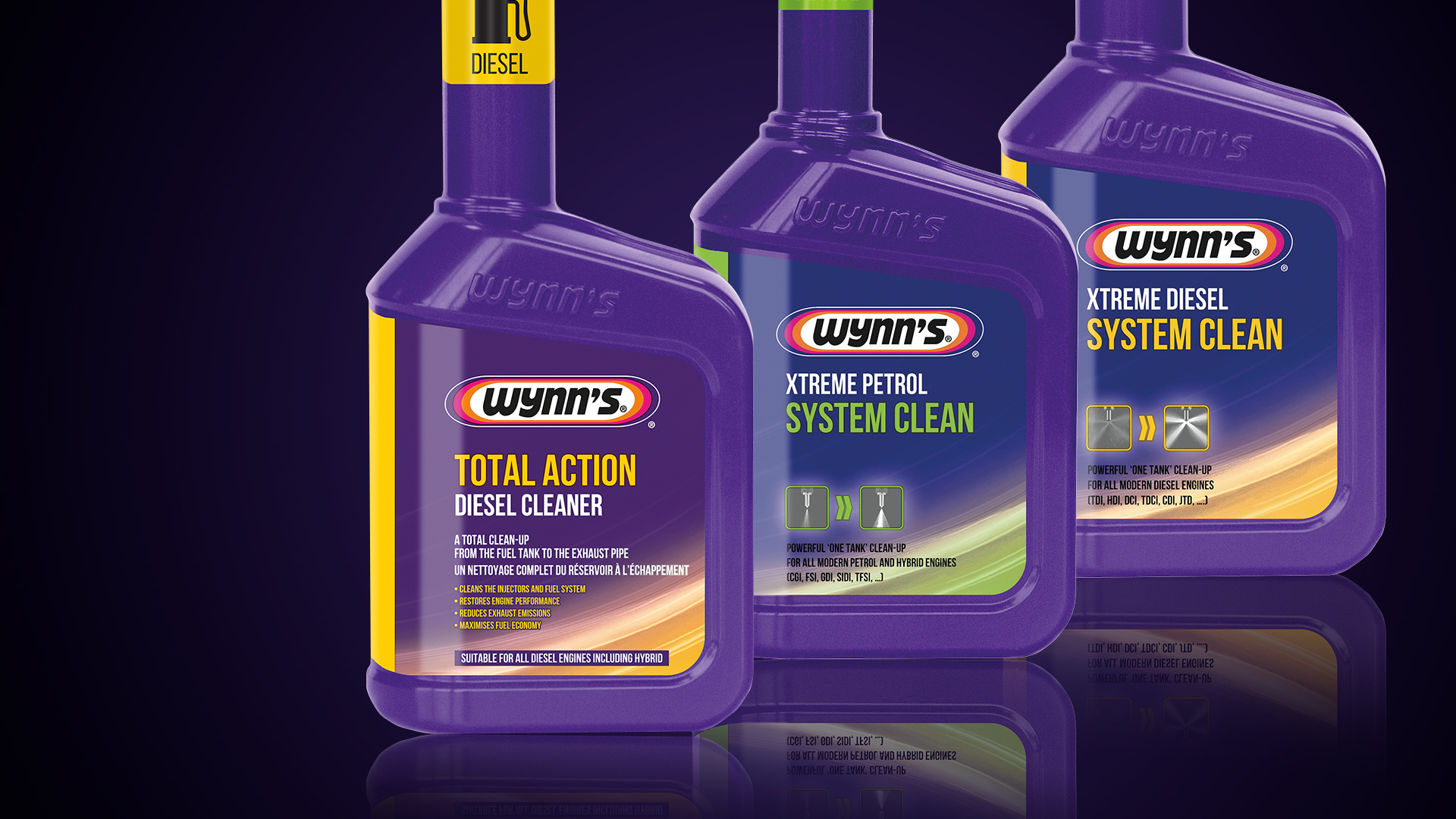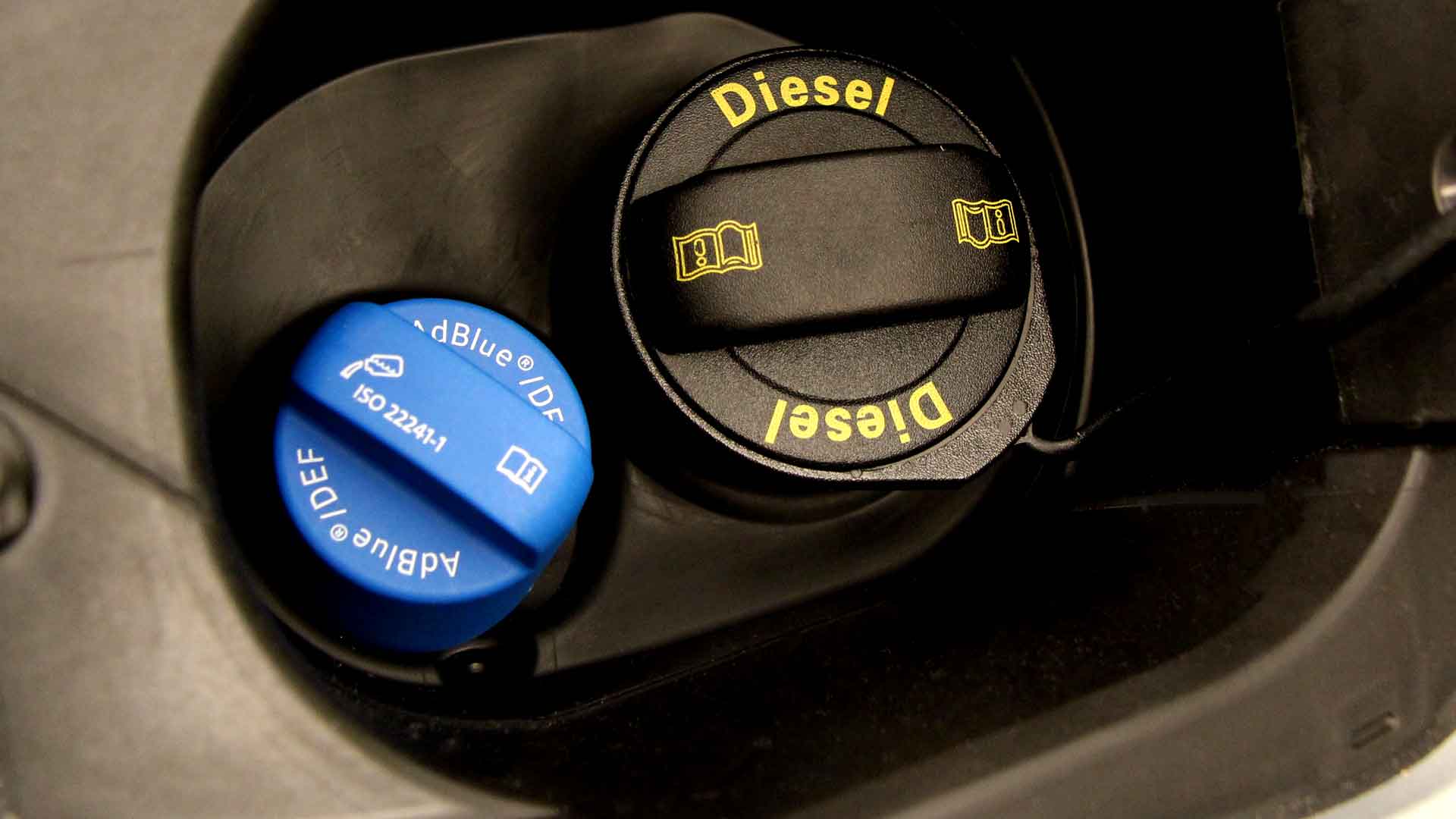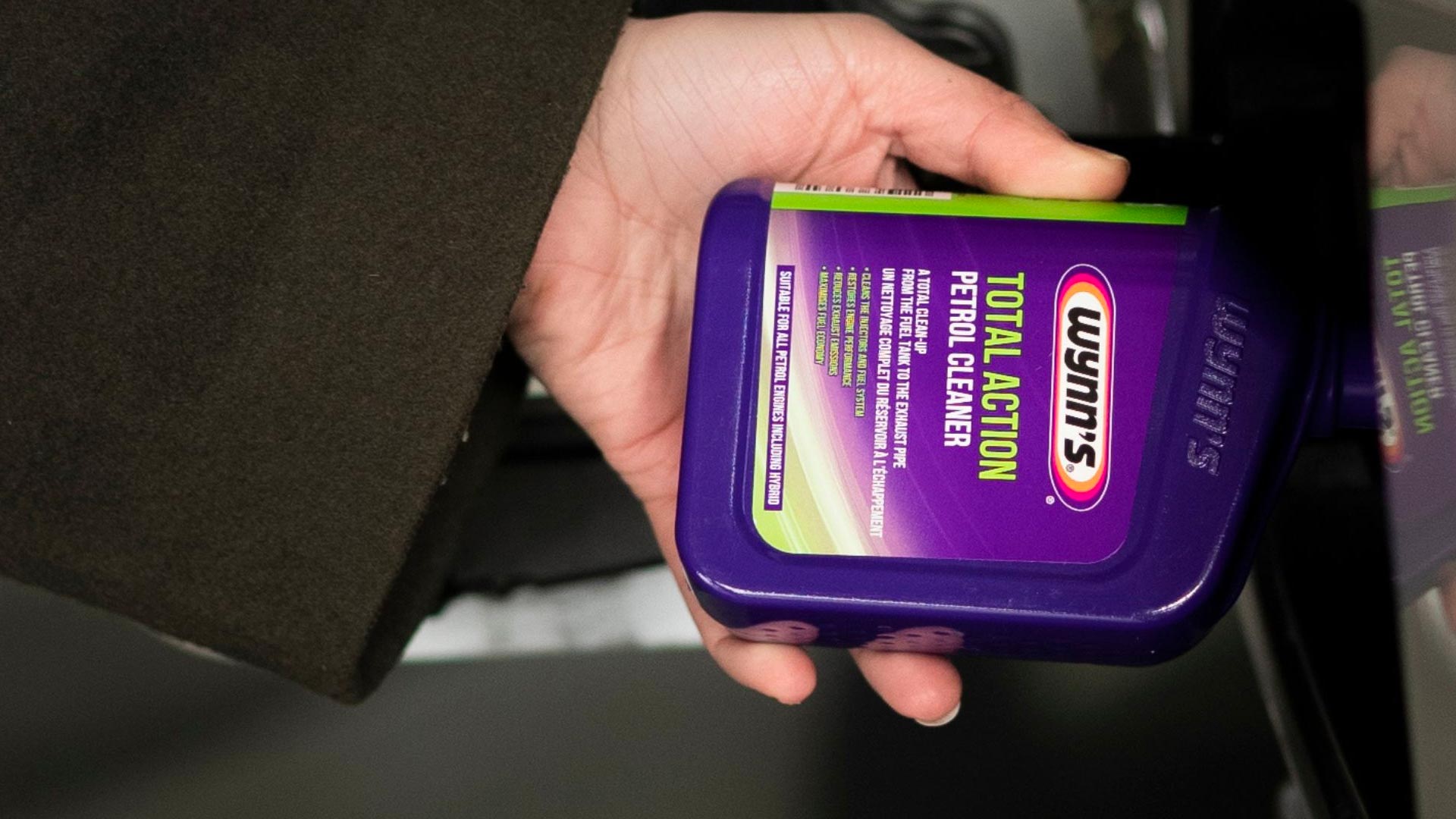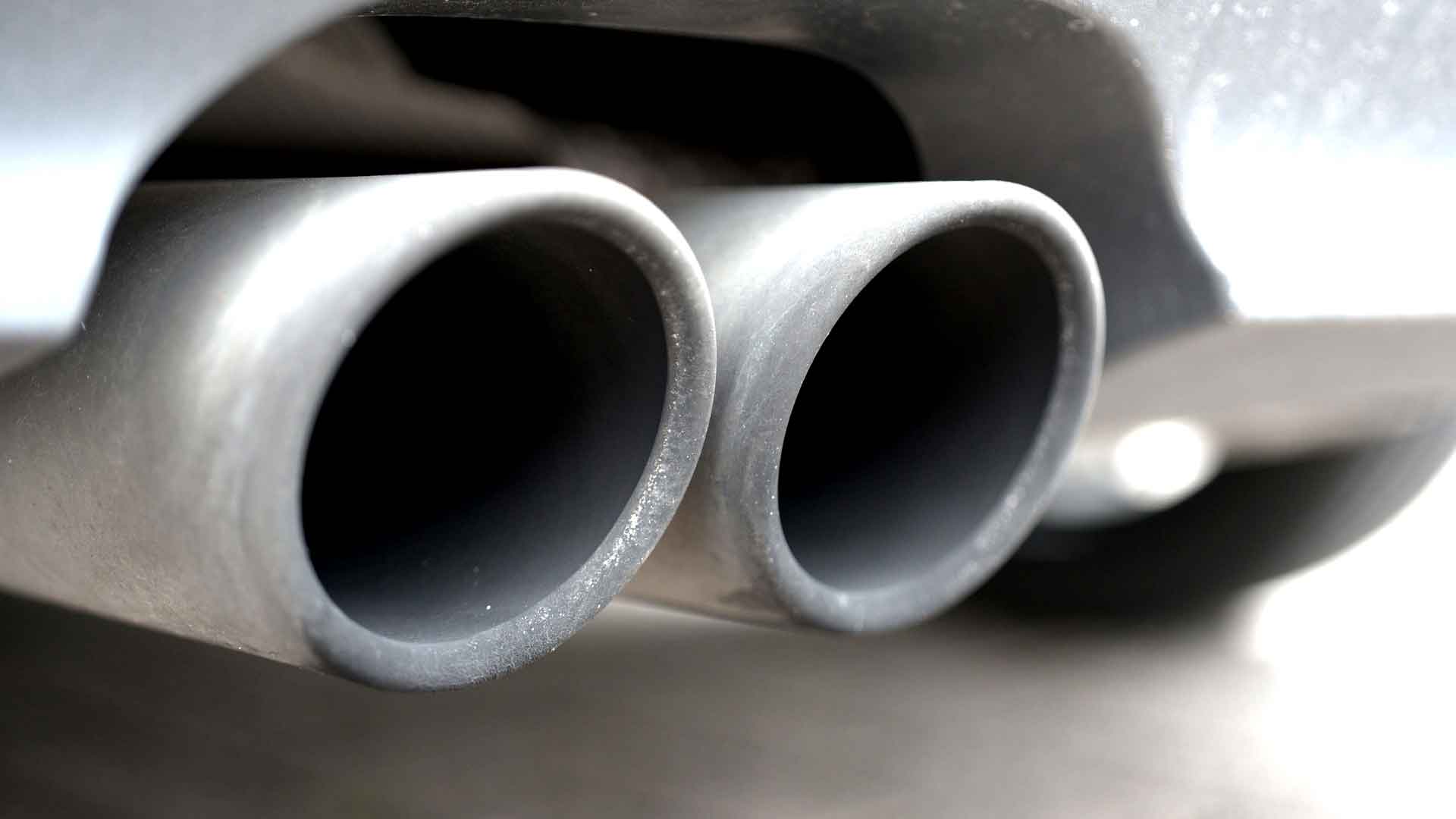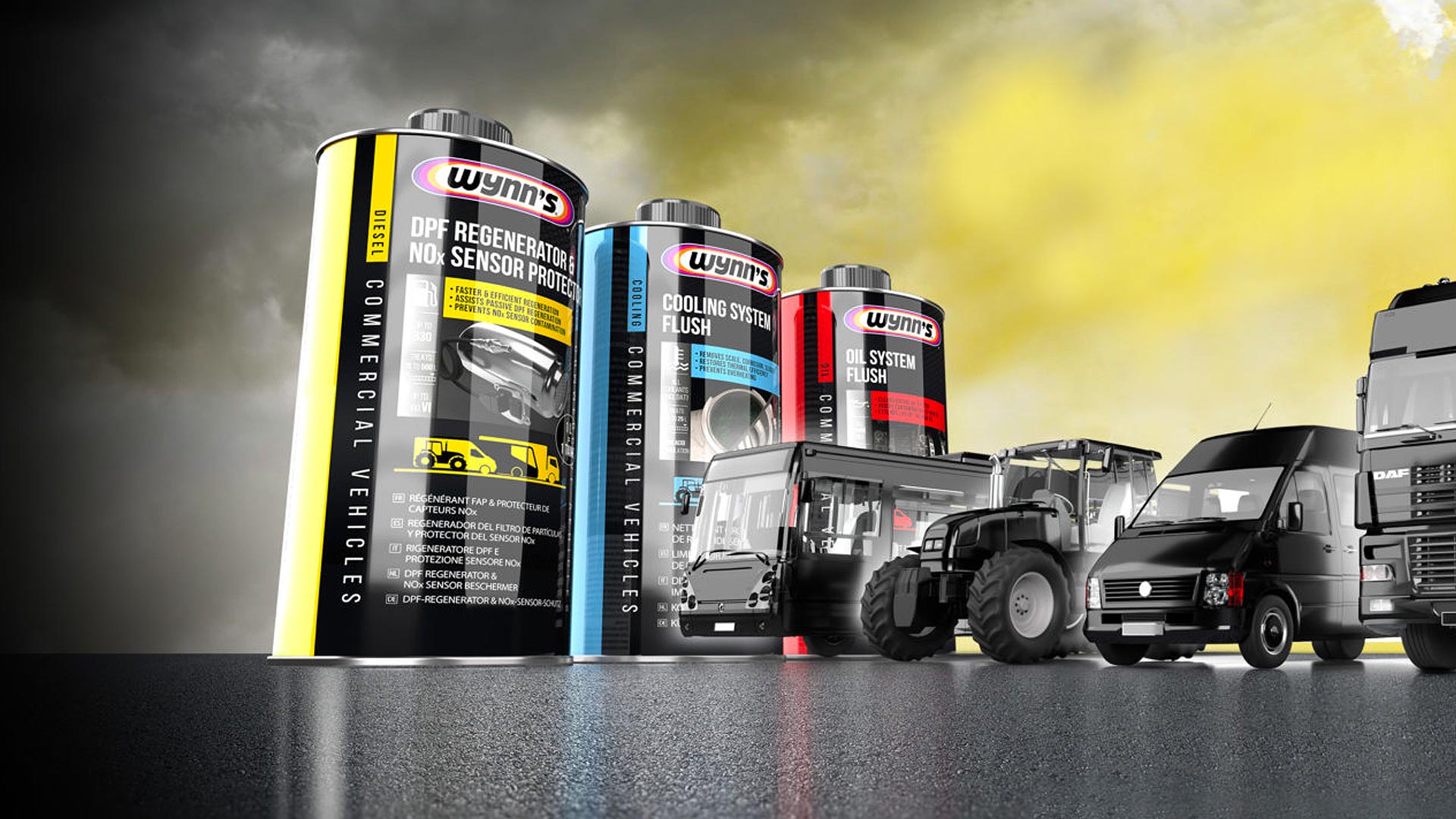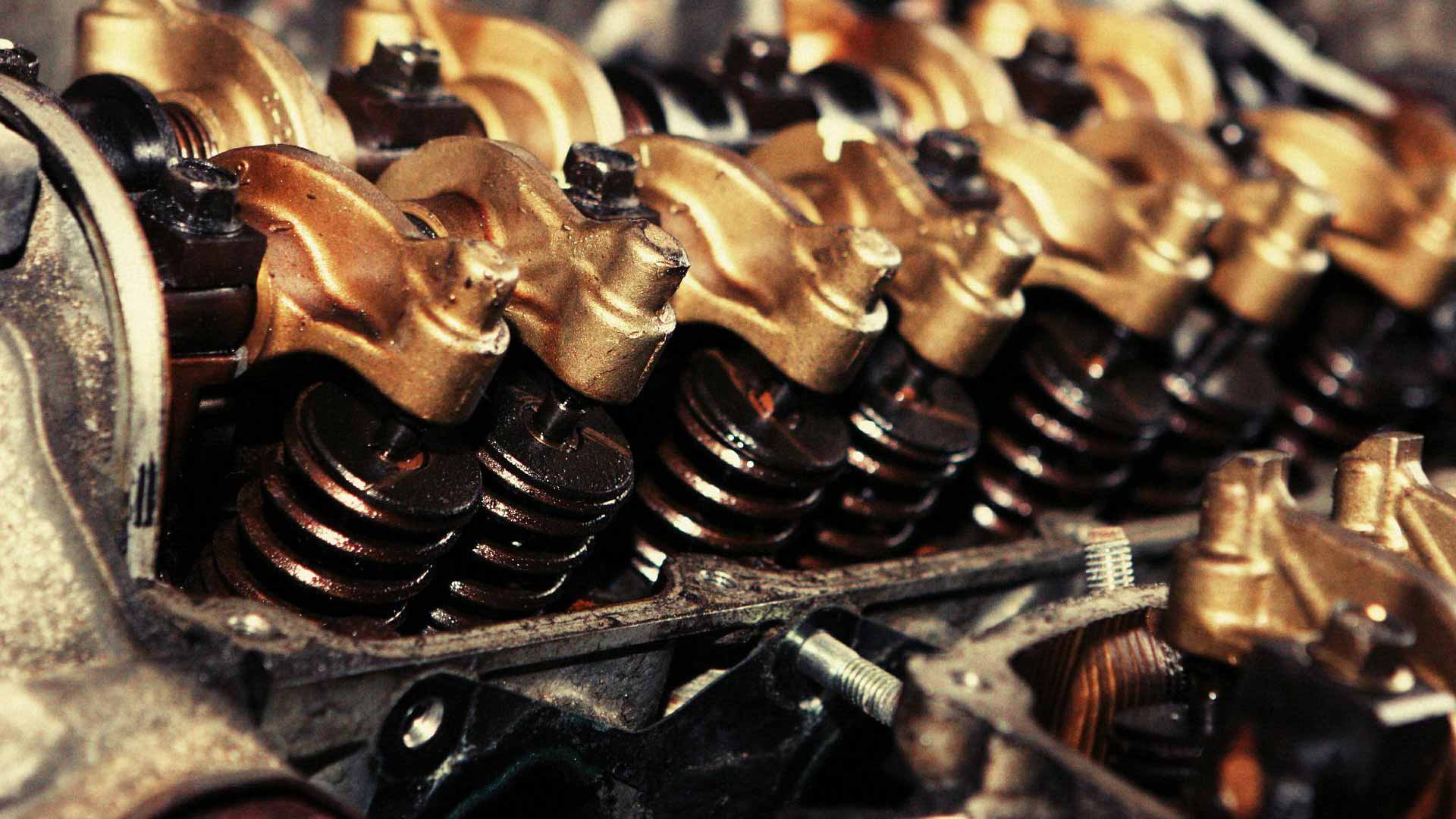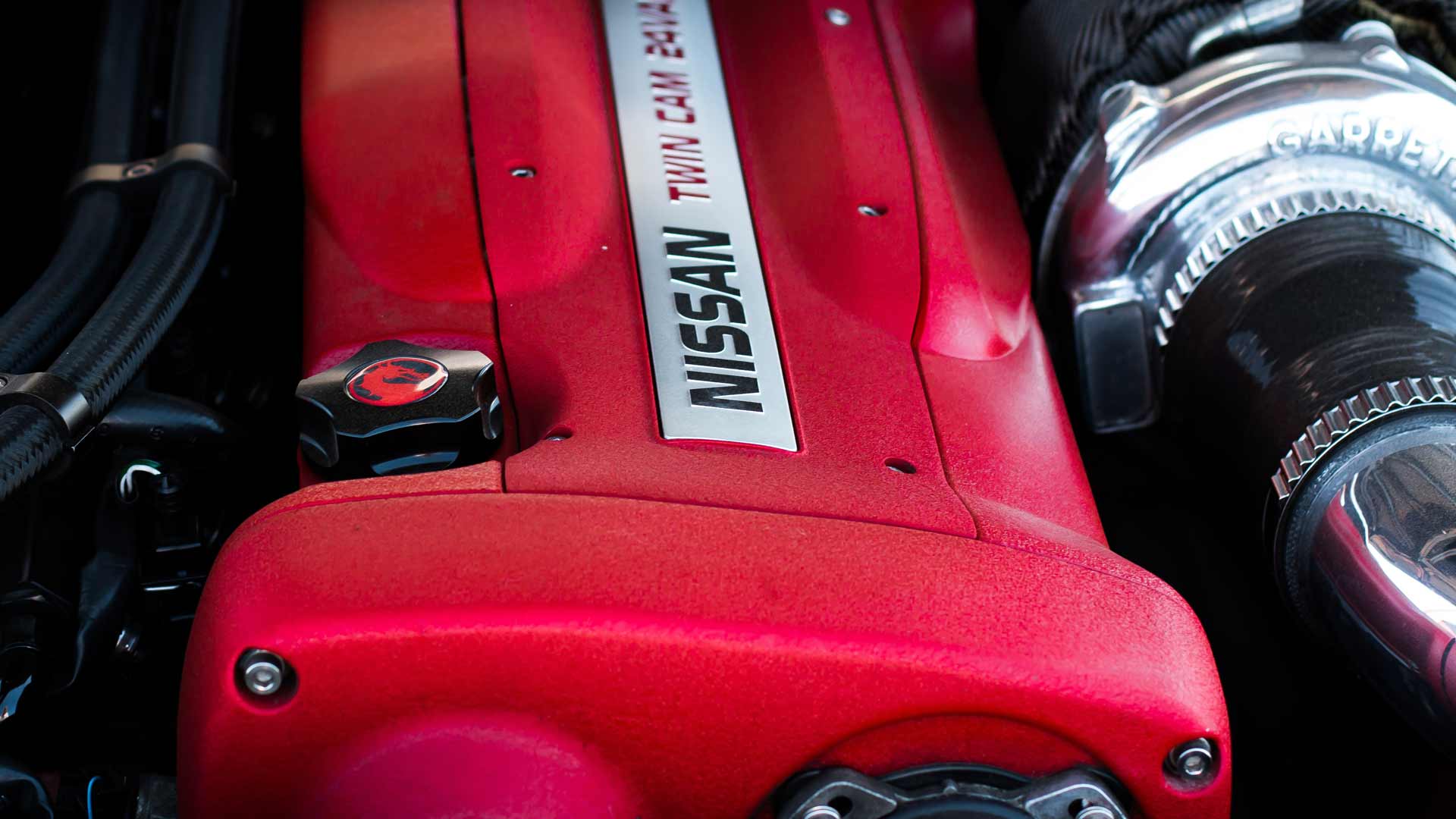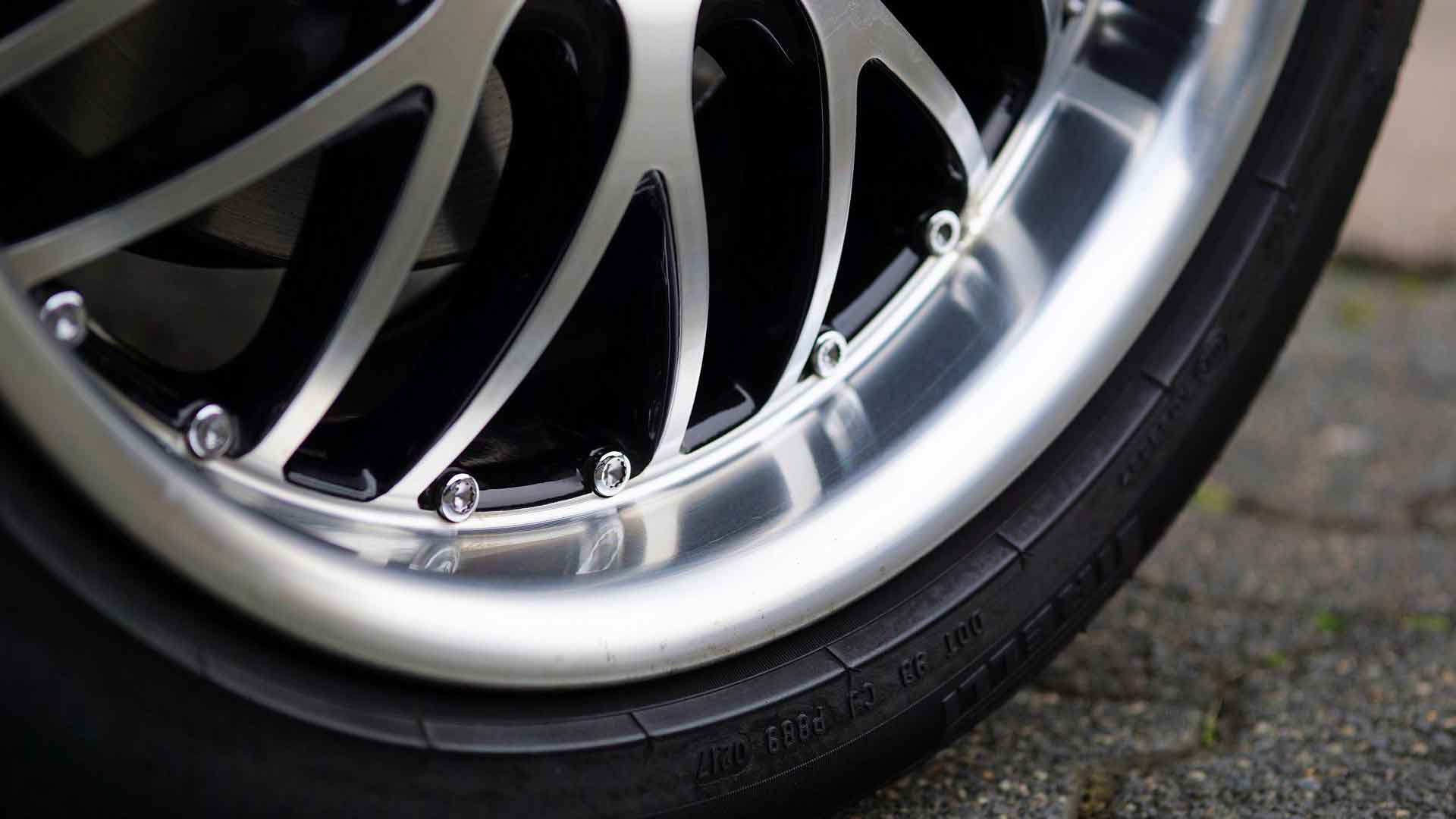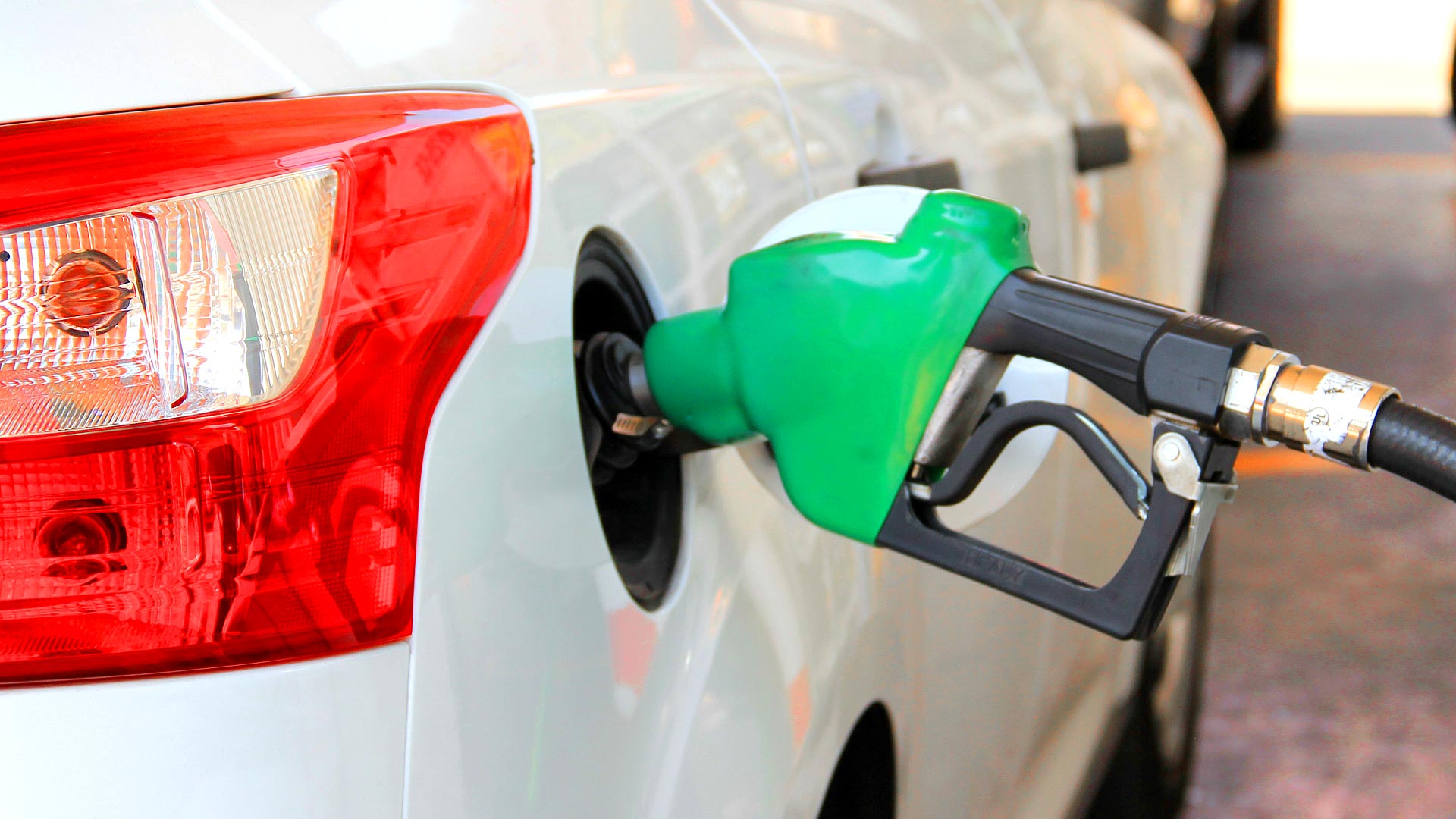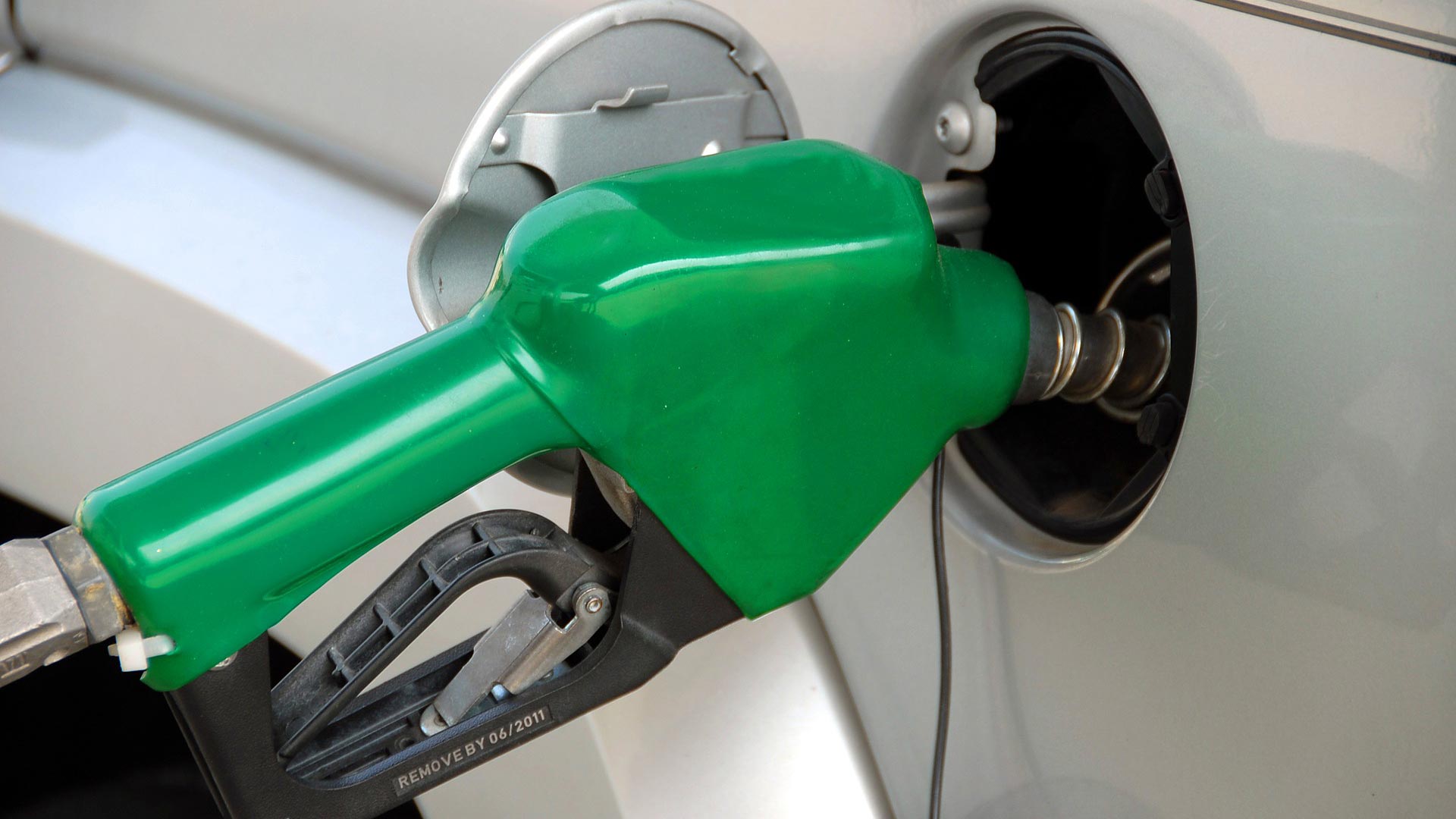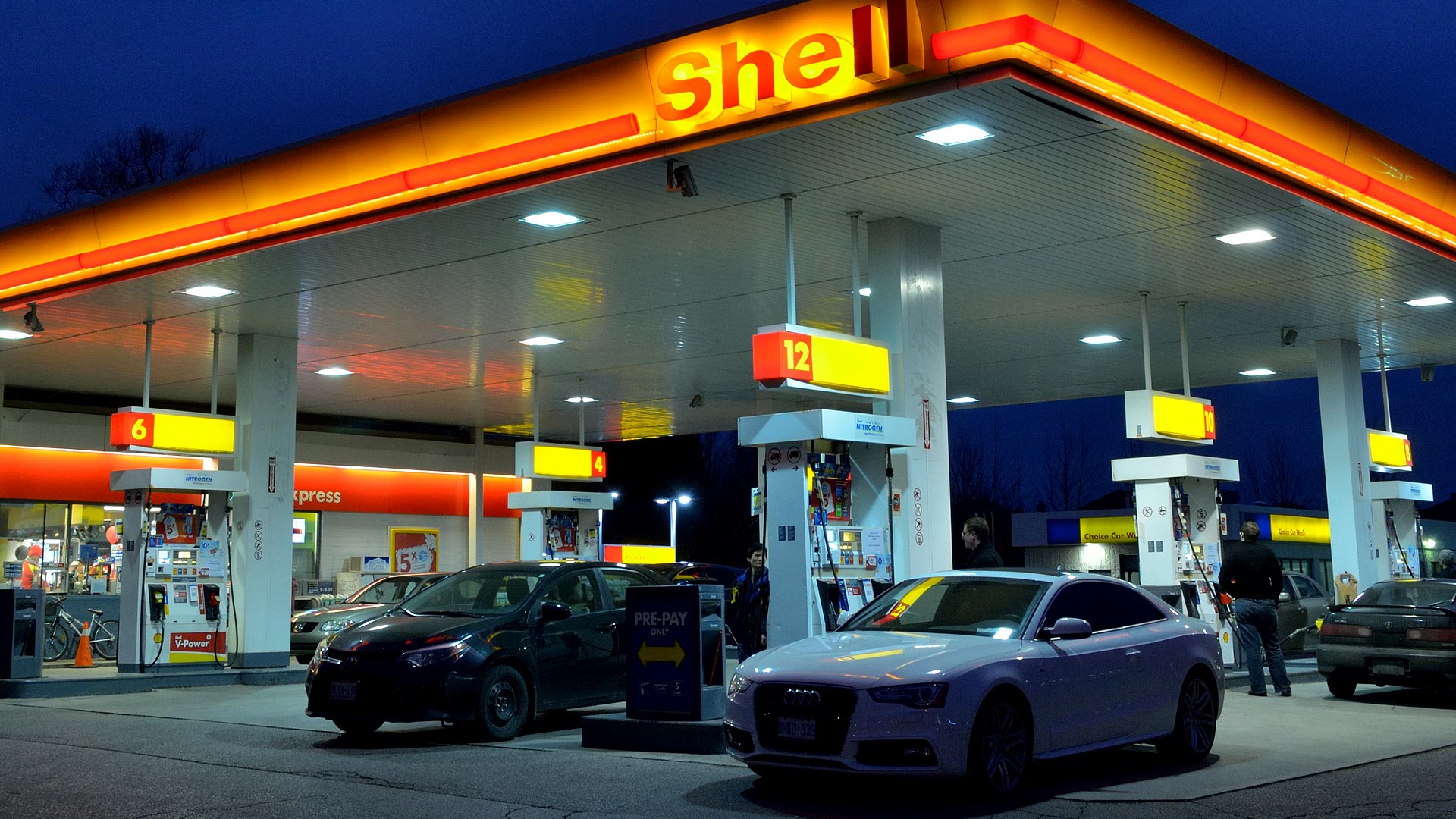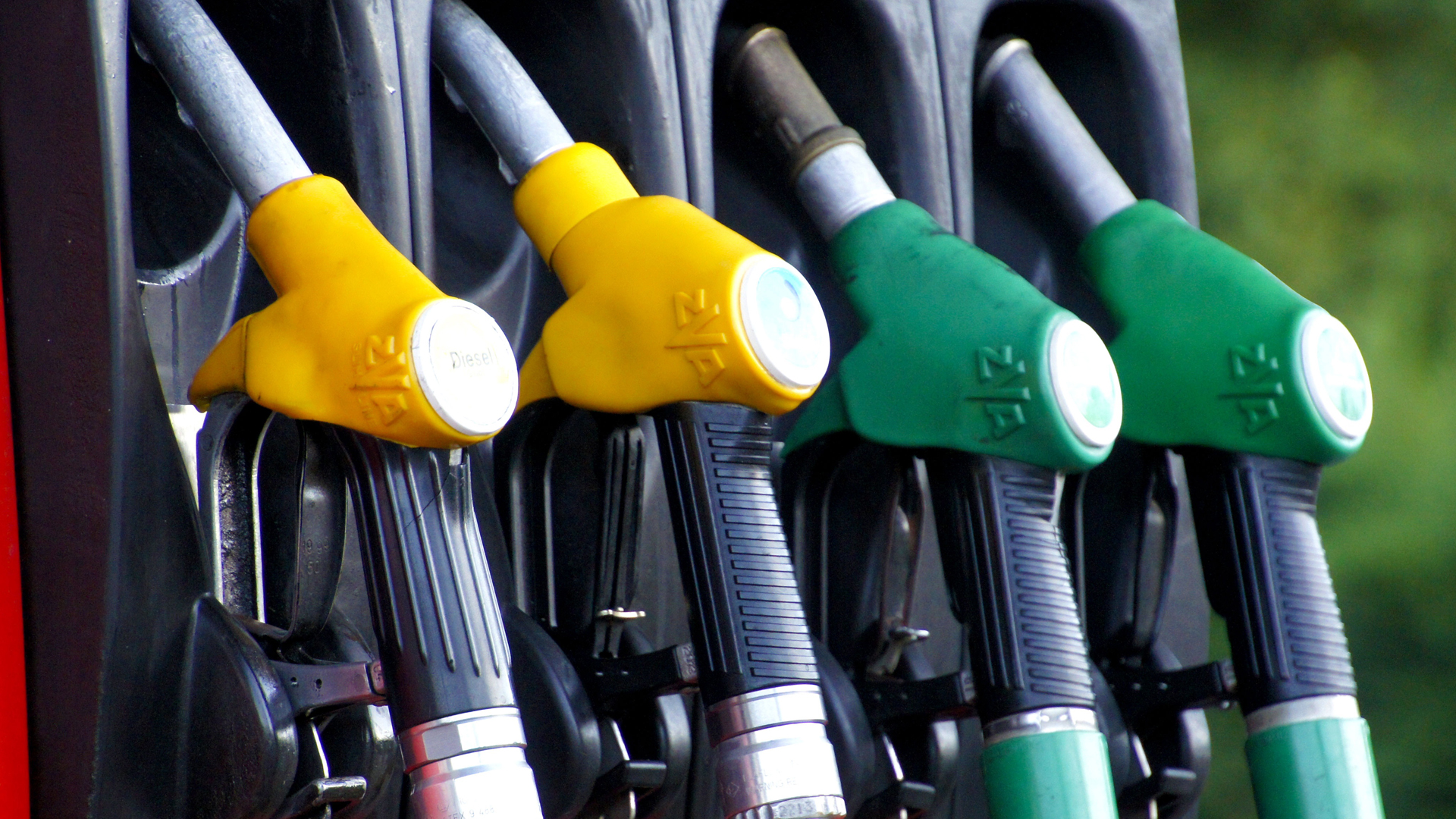Interested in protecting diesel fuel tanks during the winter? Why should i use Wynn's Fuel Biocide this winter?
Using Wynn’s Fuel Biocide during winter, particularly for diesel vehicles, can be highly beneficial for several reasons.
Wynn’s Fuel Biocide is designed to eliminate and prevent the growth of microbial organisms such as bacteria and fungi in the fuel system, which is a common issue in diesel fuel tanks.
Here are the key reasons for using a Wynn’s Fuel Biocide in winter:
Moisture Control
In winter, the risk of condensation in the fuel tank increases due to the temperature differences between the fuel and the air. This condensation can lead to water accumulation in the fuel tank, which provides an ideal environment for microbial growth.
Fuel System Protection
By eliminating microbial growth, Wynn’s Fuel Biocide protects the fuel system from corrosion and blockages that can be caused by these organisms. This is particularly important during winter when the vehicle might be subjected to less frequent use or longer idle periods, conditions that can exacerbate microbial growth.
Reduced Maintenance Costs
By preventing the growth of microbes, you can potentially save on costly repairs and maintenance that would arise from clogged fuel systems or corroded components.
Microbial Growth Prevention
The presence of water in fuel can lead to the growth of bacteria and fungi. These microbes can form a biomass that clogs fuel filters, injectors, and other components of the fuel system, leading to decreased efficiency, power loss, and potential engine damage.
Fuel Quality Maintenance
Wynn’s Fuel Biocide helps in maintaining the quality of the fuel during storage. This is essential for vehicles or equipment that may not be used as frequently during the winter months.
Ease of Use
Like other additives, Wynn’s Fuel Biocide is relatively easy to use. You add it directly to the fuel tank, making it a simple preventative measure.
